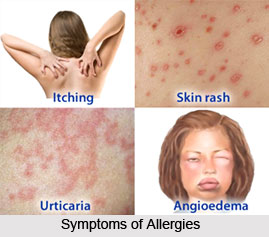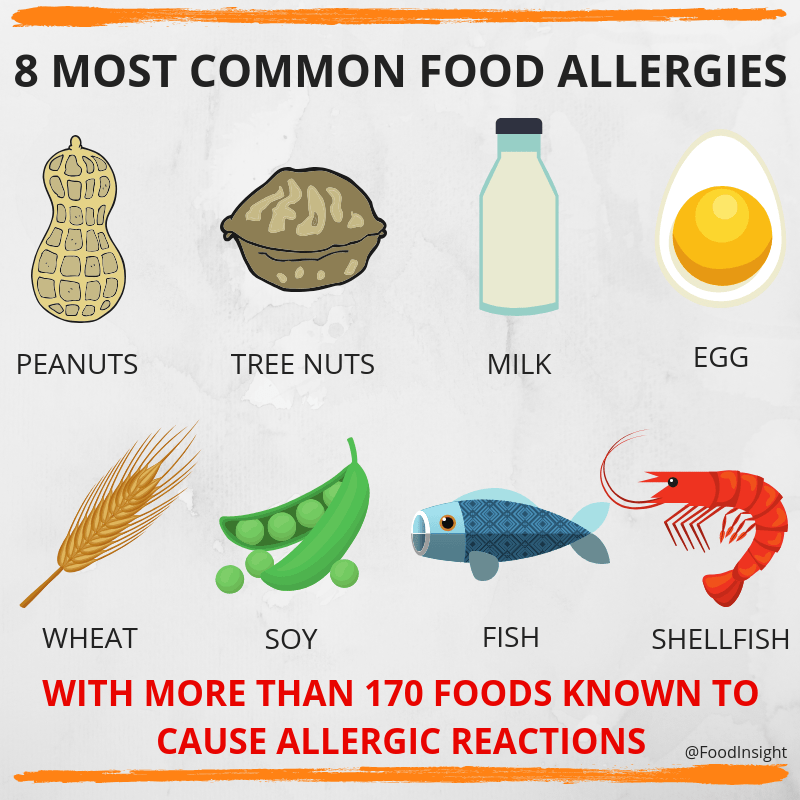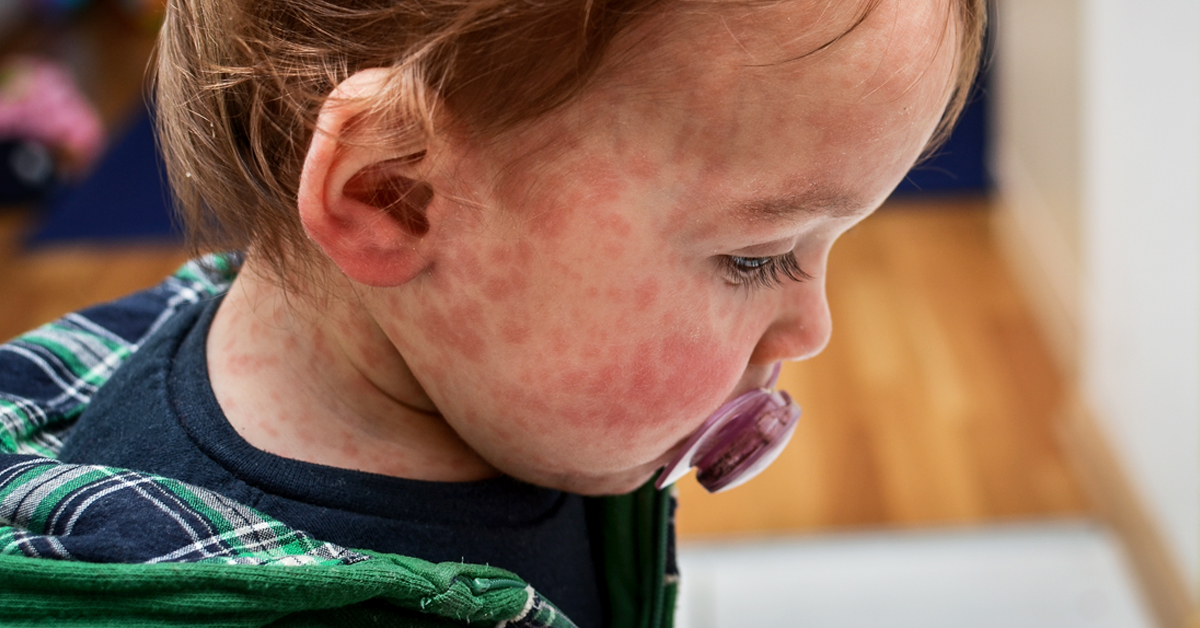You are not unfamiliar with them for the first time. Allergies are so common. Ten percent of Americans experience allergic reactions to certain environmental elements, including food, drink, or air. But what exactly are allergies? Why do we also receive them?
A faulty immune system makes the body hypersensitive and reactive to certain chemicals that were previously non-immunogenic. Allergens are substances that alter our bodies in this way.
Clemens von Pirquet, a pediatrician from Vienna, first used the term “allergies” in 1906 after noticing that some of his patients’ symptoms might have been a reaction to external allergens like dust, pollen, or specific foods.
Symptoms and Signs
Your allergies are probably kicking in once more if you experience swelling in specific body parts. Allergens cause this, which is known as a local or systemic inflammatory reaction. For instance, you will develop nasal mucosal edema if your allergies produce allergic rhinitis. When you have this condition, you’ll probably find yourself giving the “nasal salute” more often than required because the itching in your nose will make you wipe it upward.

However, if you have allergies in your eyes, you will likely experience conjunctival redness and irritation as a result. Wheezing, dyspnea, bronchoconstriction, and occasionally a full-blown asthma attack are different symptoms of allergies. It’s also possible to develop rashes like eczema, hives, and contact dermatitis.
Comparatively speaking, systemic allergic reactions are more severe than local symptoms. Allergies can result in cutaneous responses, bronchoconstriction, edema, hypotension, unconsciousness, and even death, depending on how severe your reaction is. One instance of a slight allergy brought on by pollen in the air is hay fever. But in addition to environmental variables, drugs can also cause allergies.
What causes allergies?
Our immune system works as a bioweapon that has been taught and disciplined to protect our bodies from harmful toxins. Because of its incredible mechanics, it can locate and eliminate numerous foreign intruders. Although our immune system is efficient, it occasionally makes blunders. As a result, as we previously indicated, it can react aggressively toward substances usually safe as a dangerous component, which is the manifestation of allergy.
How can the immune system become overly sensitive?
There are several concepts for this. According to several academic institutions, proteins invariably cause allergies to flare up. Some people have defective genes that make it impossible for their white blood cells, or lymphocytes, which are the foundation of your immune system, to distinguish between dangerous and benign proteins.
As a result, when you eat protein from shellfish, for example, your lymphocytes can mistakenly think that something is trying to enter your body. They produce many antibodies that cling to basophils and mast cells all across the body. This so-called sensitizing encounter is responsible for your allergies’ sudden onset.

There are many different kinds of allergies, with food allergies being the most prevalent. As the name suggests, this kind of allergy is triggered when you consume a specific food to which you are sensitive. ‘Sensitized’ means you’ve had this food before. Your immune system recognizes the food as a potentially dangerous foreign substance as soon as it enters the body and attacks the protein. To “fight off” the proteins, it produces an antibody known as IgE. This action of your immune system is what causes an allergic reaction.
The reaction can range from mild to severe, with symptoms such as swelling of the face and tongue, hives (similar to nettle rash), breathing difficulties, runny nose and eyes, swelling of the throat, abdominal pain, and bowel disturbances, nausea and vomiting, and potentially life-threatening collapse (anaphylaxis).
Here are some helpful hints for dealing with food allergies:
- Make a plan. If you can, make a list of foods you can tolerate and try to find recipes that include them. You can also talk to your dietician about particular dietary alternatives or recipes that won’t cause your allergy to flare up. Also, look for recipes in your local library or contact an allergy specialist for more information on sensitivities or recipes.
- When planning to eat out, call the restaurant and explain your needs. Check to see if you can bring your food. If not, the restaurant may be able to modify the menu for you. You can always make it a point to go over everything beforehand to avoid surprises.
- Always take extra supplies with you when you go out. Carrying a light-packed lunch or snacks with you can help stave off your hunger and keep you away from restaurants selling foods that may trigger your food allergy.
- Keep a diary listing all food and symptom to use as a database that can pinpoint what caused your symptoms. Also, if you unknowingly consume foods that cause your allergy, someone will be there to assist you.
- Freeze and bake, so you don’t have to bake every few days and have a stock of allowed foods. That will also provide a broader range of options.
- If you travel abroad, get some allergy translation cards to show them in different countries. In addition, one of the first things you must do in a foreign country is located the nearest hospital or doctor in case of an emergency. That is also useful when creating a list of acceptable foods.
- If you have a life-threatening allergy, notify everyone. You won’t have to count on yourself when you get tempted to eat foods to which you’re allergic. Also, if you unknowingly consume foods that cause your allergy, someone will be there to assist you.
